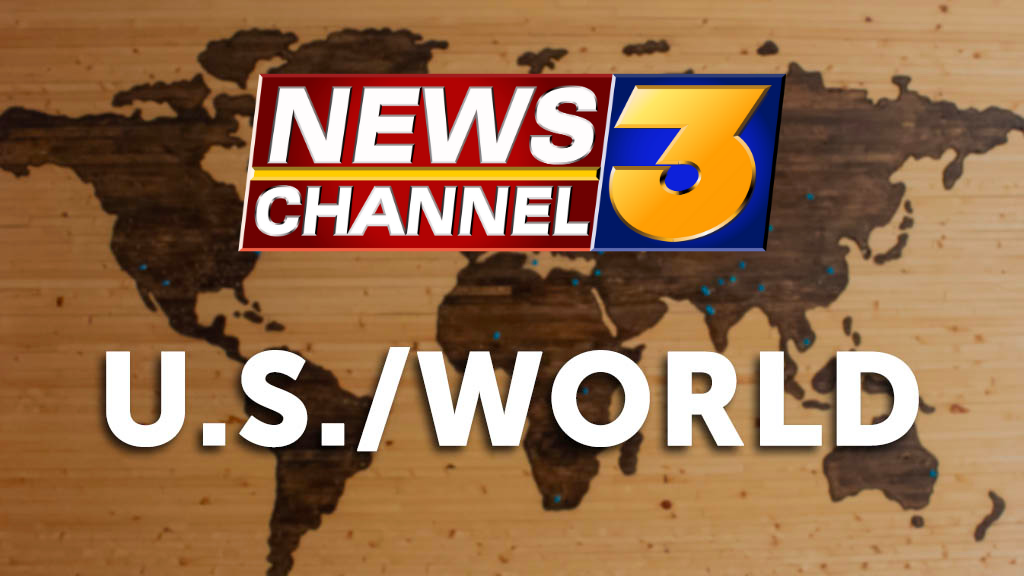Trudeau says Canada needs to ‘buckle down’ as cases surge, vaccines delayed

Canada got a one-two punch Friday as public health officials said vaccine deliveries would be delayed and its Covid-19 measures still aren’t working to control a resurging virus.
“We have to buckle down, this is our best way through in the coming weeks of winter,” said Prime Minister Justin Trudeau during a news conference Friday in Ottawa. “We’ve seen the kinds of impossible choices hospitals in other countries have had to face when they become overwhelmed, deciding who gets an ICU bed and who doesn’t. Well, that’s not where we want to be.”
The vast majority of Canadians have been dealing with weeks of stay-at-home orders and yet daily case counts have, at best, plateaued at a high levels.
More worrying, government officials say Covid-19 related deaths are steadily rising and may soon exceed levels seen during the first peak.
“We have yet to see the kind of widespread and sustained declines in daily case counts that would indicate we’re bringing the pandemic under control nationally,” said Dr. Theresa Tam, Canada’s chief public health officer during a news briefing Friday.
Health officials released new modeling Friday that showed Covid-19 remains on a “rapid growth trajectory” in most of Canada.
Hospitalizations and daily case numbers have already surpassed those of the first peak in the spring. Earlier this week the province of Ontario warned one in four of its hospitals has run out of ICU beds.
Data released Friday shows Canada now has an average of more than 4,700 people being treated in hospital on any given day, with nearly 20% of those patients in ICUs.
All of this comes despite lockdowns already in place in the provinces of Quebec and Ontario. Taken together, that means more than 60% of Canadians are under stay-at-home orders, with most retail and restaurants closed for anything other than pickup or delivery.
Health officials pleaded with provincial leaders Friday to keep stringent measures in place with healthcare systems at a critical point and already overloaded.
“If we ease measures too soon, the epidemic will resurge even stronger, this is why measures need to be consistent and sustained long enough to sufficiently suppress epidemic growth to allow for lasting control,” Tam said.
The grim forecast comes as Canada announced it would receive fewer Pfizer-BioNTech vaccines in the coming weeks. The company announced a temporary slowdown in its European manufacturing facilities.
“Pfizer believes that by the end of March we will be able to catch up, such that we will be on track with the total committed doses for Q1. This is unfortunate, however such delays and issues are to be expected when global supply chains are stretched well beyond their limit,” said Anita Anand, Canada’s procurement minister during a news conference Friday.
Canadian government data reveals little more than 1% of Canadians have been vaccinated so far. Given mounting problems with vaccine supply, health officials say the rollout will be too slow to have a significant impact on infection rates for months to come.
“This kind of issue is out of our hands,” said Trudeau, adding, “I want to be very clear, this does not impact our goal to have enough vaccines available by September for every Canadian who wants one.”